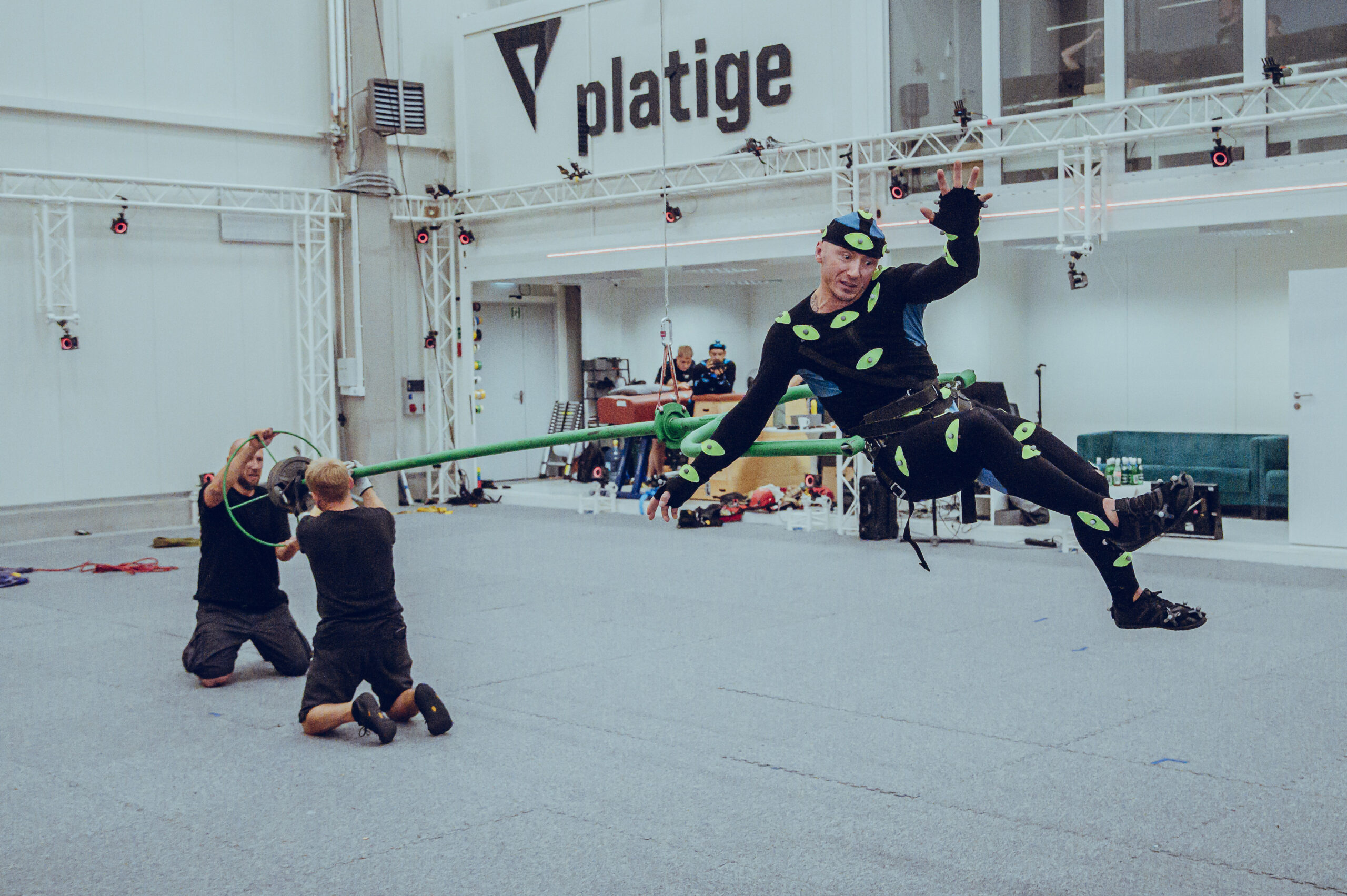Augmented education program is transforming lives of people with a history of mental health or addiction issues
When Louise Elder was in a car accident in 2012 she was prescribed the powerful pain killer OxyContin. It had been 15 years since she was addicted to heroin as a teenager and she thought she could handle it, but it was difficult for her to fight becoming addicted again.
“I never knew that my body wanted it so bad,” said Elder. “I didn’t realize that I was not able to fight the addiction. I had no chance. That was my demise. That was what sent me back over the edge.”
Her life was at “rock bottom” when she met another patient in a rehabilitation centre who told her about the augmented education program at George Brown College.
The augmented education program trains people with mental health and addiction issues and helps them find employment. It is an innovative model that aids in transforming lives through supported education and supported employment.
“We train these individuals in the culinary and construction industry to help find and maintain employment to become independent and a contributing member of society,” said program manager Suzanne De Freitas.
Elder collected more information, found that the program resonated with her interest in cooking and started in 2016.
“That was my hobby,” she said. “I was a house wife raising three children and the one thing that I could give them at the end of the day was a nice meal.”
When Elder reflects on her life today versus before the program, she feels a significant change in herself.
“I have skills no one can take away from me now,” said Elder “It’s difficult to relate to people like me who are trying to get back into the society to earn a place. It makes me feel human again.”
The program boasts an employment rate of 80 to 82 per cent upon completion of the course. There are no costs for students but an applicant must to demonstrate a history of mental health or addiction to get into the program.
According to a report by the Ontario Human Rights Commission the unemployment rate of people in Ontario aged 15-64 with mental health or addiction disabilities in 2011 was 22.6 per cent. That’s almost three times higher than people without disabilities whose rate was 7.7 per cent.
De Freitas said that culinary and construction are the two areas offering a relatively easy access to entry-level jobs for students and that the demand for the program is overwhelming.
The program’s marquee annual event is the Food Court Social, where some of best chefs in Toronto are gathered under one roof in support of people with mental health and addiction histories.
In 2016, the Food Court Social raised $265,000 to support the augmented education program. Moreover, Intact Insurance, the country’s largest home, auto and business insurance company continued its support by donating $15,000 for the program.
This year’s Food Court Social takes place on Sept. 28 at 7 p.m. at the Waterfront campus.


